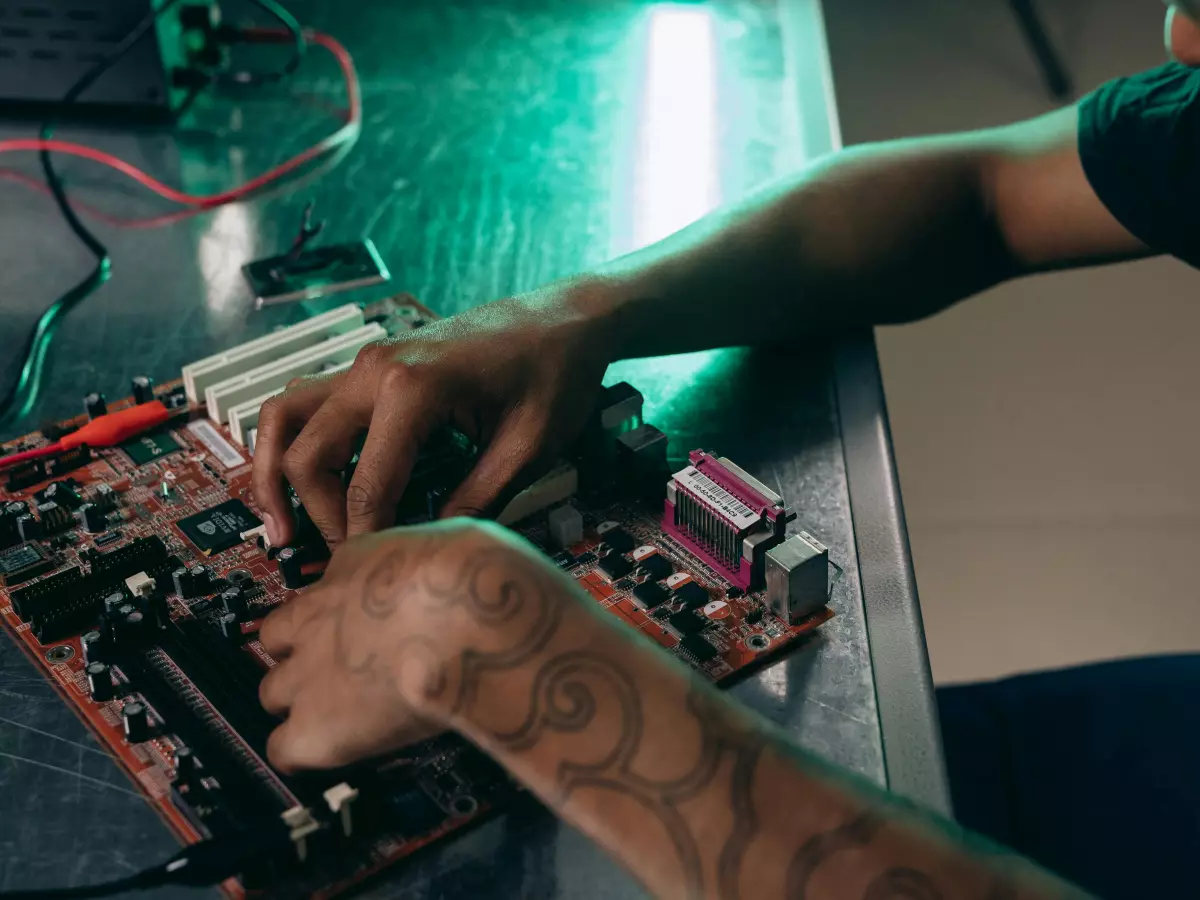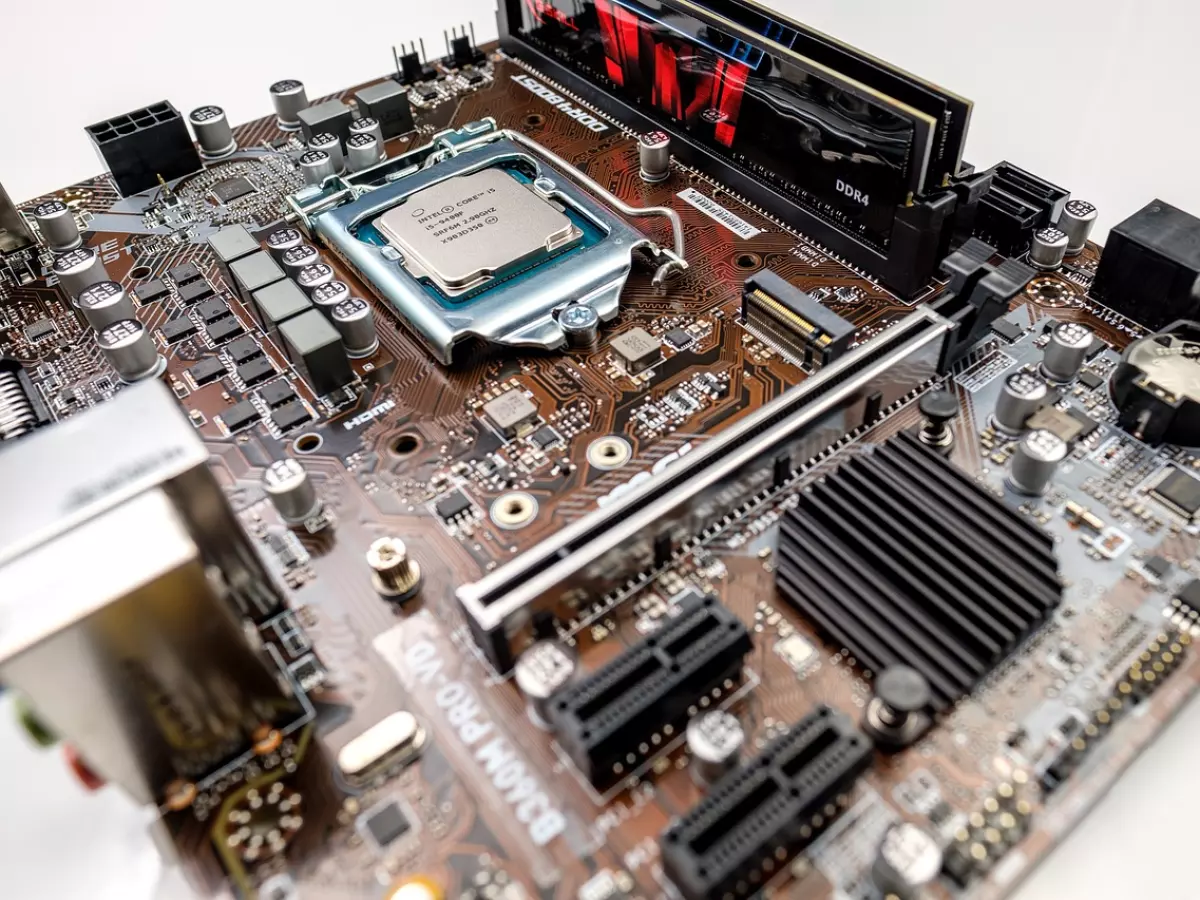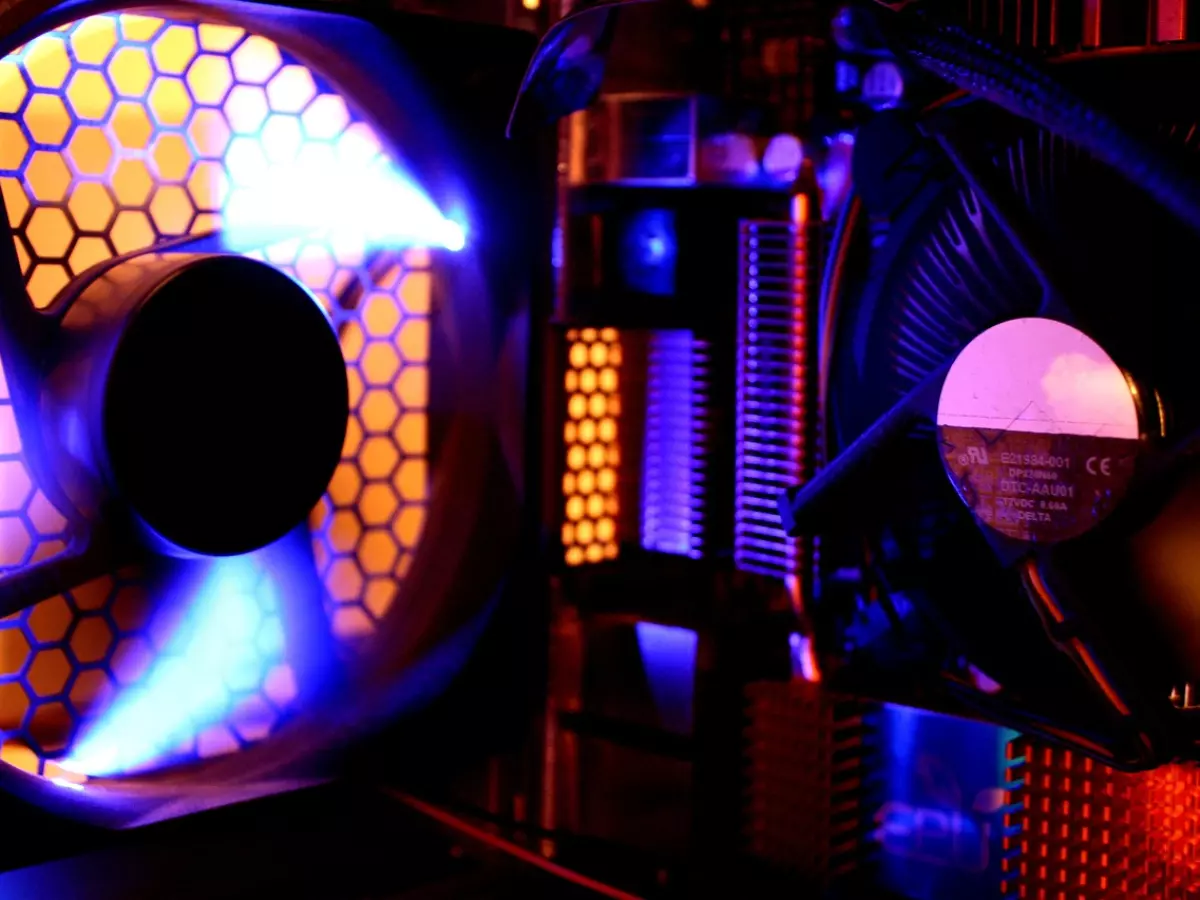Zen 5's Hidden Layers
AMD's Zen 5 CPUs just got a BIOS update that promises improved latency and performance, but is it all as great as it sounds?

By Isabella Ferraro
Remember when upgrading your CPU was a once-in-a-blue-moon event? You’d buy a shiny new processor, plug it in, and that was that. Well, those days are long gone. Today, CPU performance isn't just about the hardware you buy; it’s about the software that runs it. And that’s where BIOS updates come into play.
Recently, AMD rolled out a BIOS update for their Zen 5 CPUs, promising better latency and performance. According to The Verge, this update is designed to squeeze even more juice out of their already impressive processors. But before you start celebrating, let’s take a closer look at what’s really going on here.
BIOS Updates: The Silent Game-Changer
BIOS updates have been around for decades, but they’ve never been as important as they are today. In the past, a BIOS update might fix a few bugs or add support for new hardware. But now? It can fundamentally change how your CPU performs. And that’s exactly what AMD is doing with Zen 5.
By tweaking the BIOS, AMD is able to reduce latency and boost performance, essentially giving your CPU a free upgrade. Sounds great, right? Well, yes and no. While the update does improve performance, it also comes with some potential trade-offs that you might not have considered.
The Trade-Offs You Didn't See Coming
First, let’s talk about power. AMD has confirmed that they’re increasing the TDP (Thermal Design Power) of their Ryzen 9600X and 9700X processors to 105 watts. Now, this might sound like a small change, but it’s actually a big deal. A higher TDP means your CPU is going to run hotter, which could lead to increased wear and tear over time. Sure, AMD says the higher TDP won’t void your warranty, but that doesn’t mean it won’t affect the longevity of your hardware.
Then there’s the issue of stability. BIOS updates are notorious for causing unexpected issues. While AMD has likely tested this update extensively, there’s always a chance that it could introduce new bugs or compatibility problems. If you’re the type of person who likes to tinker with your system, you might find yourself spending more time troubleshooting than gaming or working.
Is It Worth the Risk?
So, should you update your BIOS? That depends on what you value more: performance or stability. If you’re a hardcore gamer or a power user who needs every ounce of performance, then the update is probably worth it. But if you’re someone who values a rock-solid, stable system, you might want to hold off and see how the update plays out in the real world.
At the end of the day, BIOS updates like this one are a double-edged sword. They can give you a performance boost, but they can also introduce new risks. So, before you hit that update button, make sure you understand what you’re getting into.
In the fast-paced world of tech, it’s easy to get caught up in the hype of new updates and shiny features. But sometimes, the best move is to wait and see. After all, what’s the point of having a faster CPU if it’s not stable enough to use?





